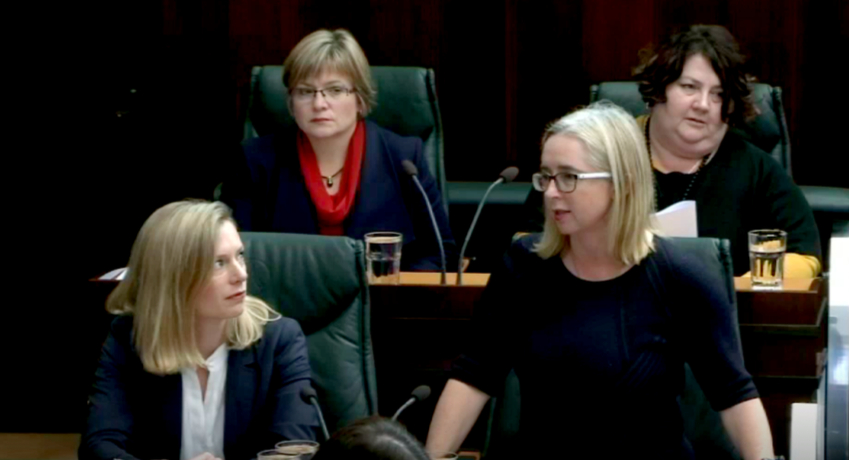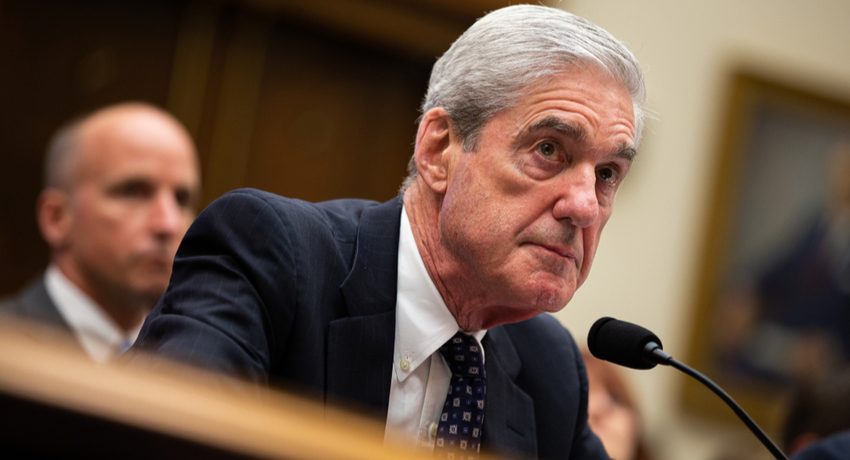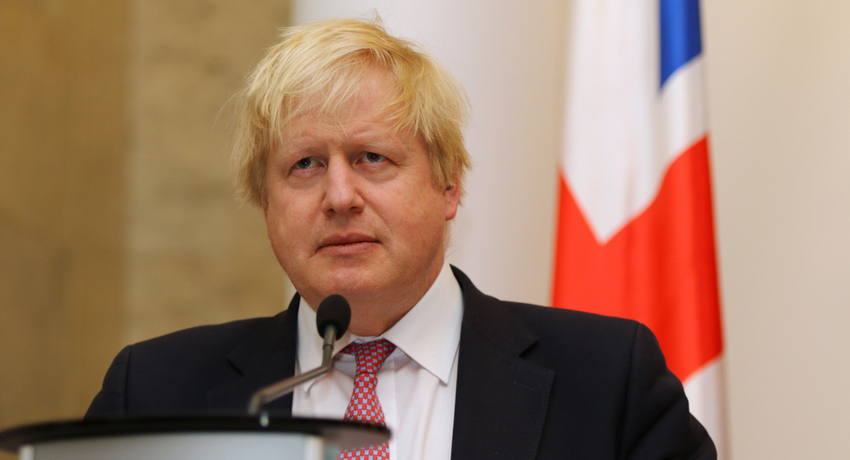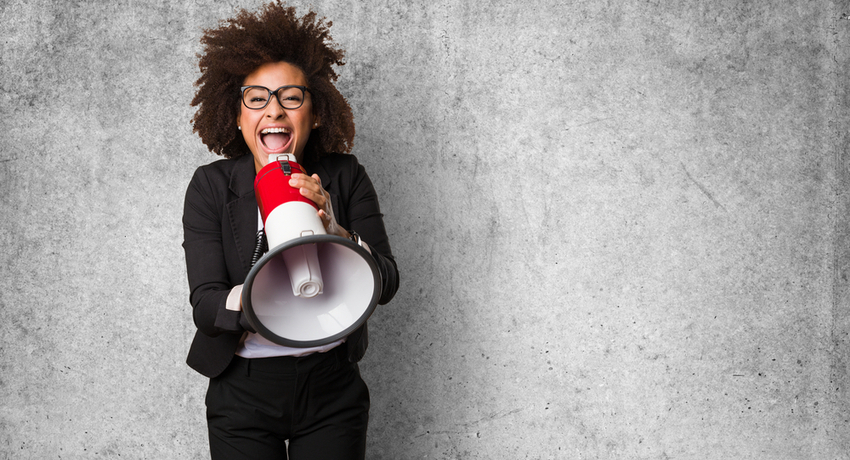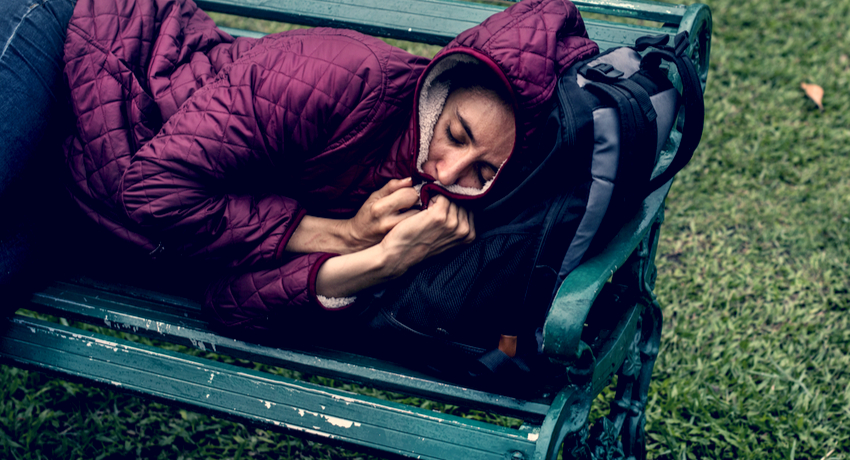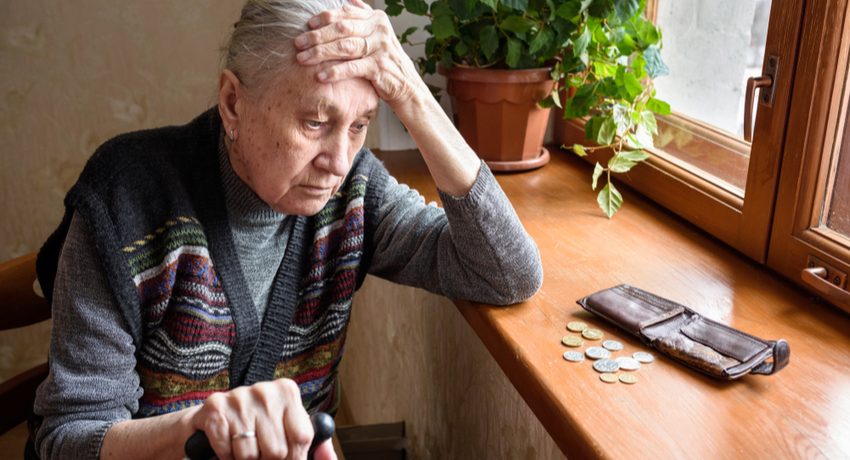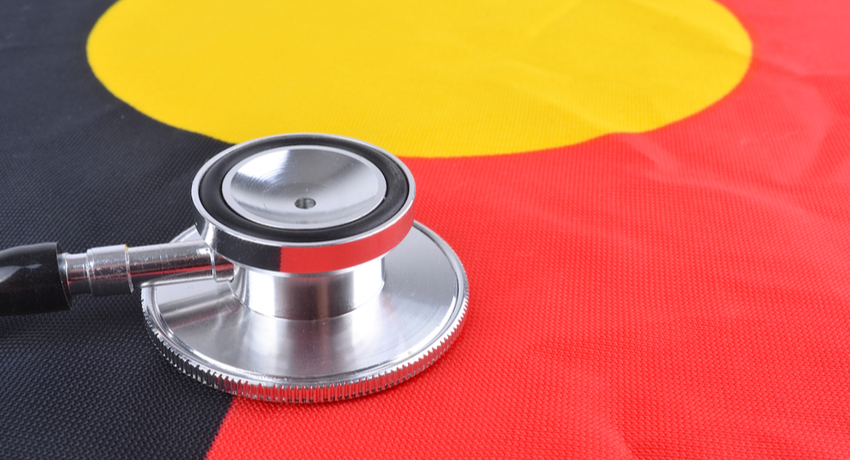As I usually do on a Sunday morning, I sat down to watch Insiders. I was expecting to hear the nation’s top journalists mull over the week’s much-discussed gender politics issue concerning sexual...
“They’re doing it as we sit here”: Russian targeting of US presidential candidates
Robert Mueller’s much anticipated testimony emphasised a point that he made in his report and press conference upon conclusion of his term as Special Counsel. The report opened with the observation,...
Boris and women: Equality of opportunity or an opportunity for equality?
In his opening speech as PM, among the expected priorities of Brexit, policing, health, education, the economy and even the promotion of the welfare of animals, Boris Johnson noted that the “awesome...
Shout it out loud, sister!: Amplifying the voices of women
Whenever I talk about the research I did earlier this year, women inevitably ask me one question.The research I did with Anne-Maree Payne showed one thing clearly. When it comes to what’s in the...
The impact of economic inequality on women’s mental health
There is a strong relationship between low socioeconomic status and poor mental health, which the World Health Organisation (WHO) notes can be observed in children as young as three. The links...
We need to calm down – and swiftly please
For years she was criticised for not being political enough. In 2018, when she finally ended her deliberate silence on politics, backlash ensued again, with Donald Trump stating he now liked her...
Can Time Use Survey help end energy poverty?
In Australia, energy prices are rising and energy poverty is increasing. This is likely to continue, with negative impacts for poor and socially-marginalised Australians. At the same time, there is...
Growing the defence industry workforce: Where are the women?
With the Australian Government committing unprecedented funds to defence capability, the defence industry is set to see significant growth in the next decade and beyond, creating thousands of new...
Closing the gap or re-victimising the marginalised? Indigenous perspectives on family violence
Our Aboriginal and Torres Strait Islanders peoples are more likely to experience family violence than our non-Indigenous population. Its prevalence is in no way reflective of the values of our...
